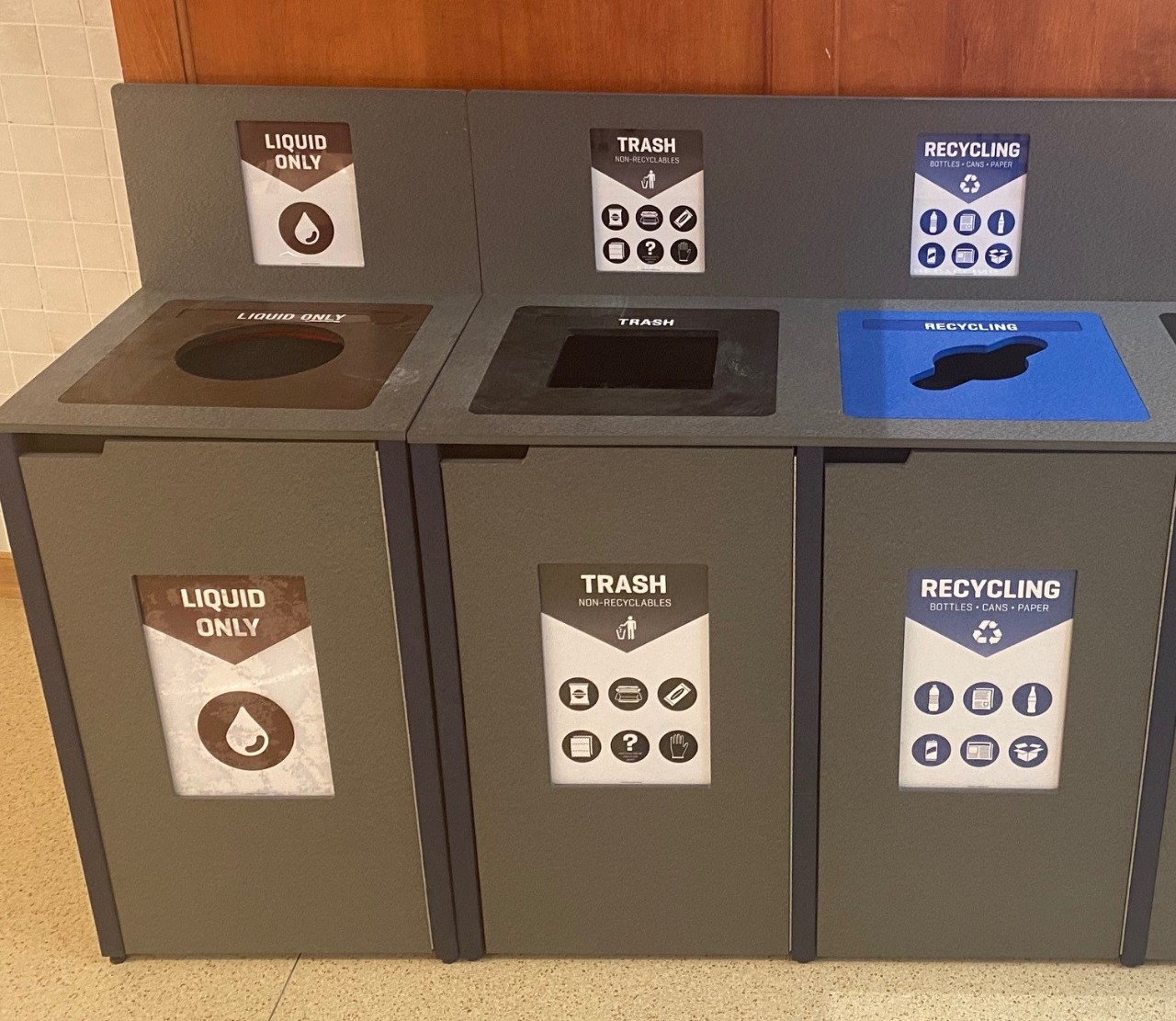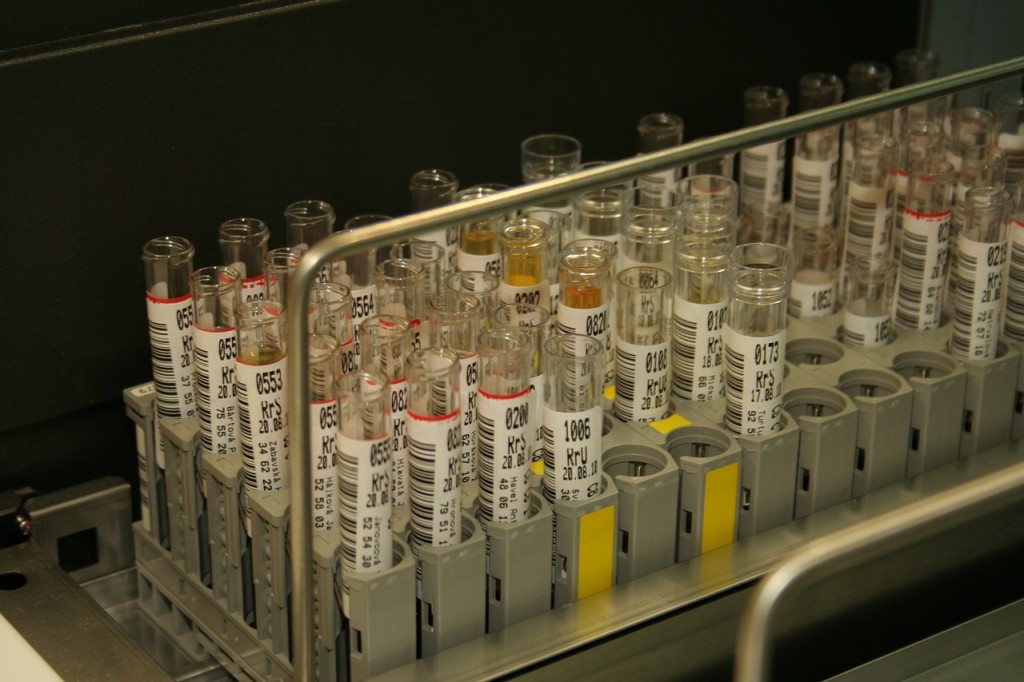Comprehending the Comprehensive Refine of Fluid Garbage Disposal: Best Practices and Environmental Effect Considerations
The monitoring of liquid waste disposal is a diverse problem that calls for a detailed understanding of different finest practices and their connected environmental effects. From the types of liquid waste created to the methods utilized for collection, therapy, and last disposal, each action plays an important role in guarding environments and public health.
Sorts Of Liquid Waste
Understanding the numerous types of liquid waste is crucial for effective management and disposal practices. Fluid waste can be generally classified right into a number of kinds, each requiring distinct handling and treatment approaches.
Industrial liquid waste often consists of hazardous materials, consisting of heavy metals, solvents, and chemicals, created throughout making processes. These wastes necessitate stringent regulatory conformity to safeguard human health and wellness and the setting. Residential fluid waste primarily refers to wastewater produced from families, including sewage and greywater, which, although much less hazardous, can still pose substantial dangers if incorrectly taken care of.
Agricultural fluid waste, consisting of drainage from ranches, frequently includes plant foods and chemicals that can cause ecological degradation if not treated adequately. Medical liquid waste, created from medical care centers, includes infected fluids such as physical liquids and chemicals, requiring specialized disposal techniques to avoid infection and ecological contamination.
Finally, oil and grease waste, commonly generated by dining establishments and vehicle sectors, can cause extreme clogs in drain systems otherwise managed correctly. Comprehending these categories promotes targeted strategies for therapy, conformity with guidelines, and efficient disposal techniques, eventually promoting ecological sustainability and public health safety.

Collection Methods
Reliable collection techniques are important for the appropriate administration of liquid waste, making certain that it is gathered safely and successfully before treatment or disposal. Numerous methods are used depending on the kind of liquid waste produced, the volume, and the details attributes of the waste.
One common approach is the use of committed collection containers or sumps, which are developed to record liquid waste at the source. These systems frequently include pumps that help with the transfer of waste to bigger storage containers or therapy facilities. Furthermore, mobile collection devices geared up with vacuum cleaner innovation are used in situations where waste is produced periodically or in hard-to-reach locations.
For industrial setups, closed-loop systems can effectively reduce leaks and spills, enabling for the recuperation and reuse of liquid waste. It is likewise vital to educate personnel on proper collection procedures to mitigate risks connected with unsafe materials.
Additionally, applying regular maintenance routines for collection equipment guarantees ideal efficiency and safety and security. The assimilation of advanced tracking systems can improve collection effectiveness by supplying real-time information on waste levels and potential hazards. In general, efficient collection approaches are fundamental to lasting fluid waste monitoring practices.
Treatment Procedures
Therapy procedures play a crucial function in the management of liquid waste, changing potentially harmful materials into safe effluents or reusable resources - liquid waste disposal. These procedures can be broadly classified into physical, chemical, and organic approaches, each customized to attend to certain impurities existing in the waste stream
Physical treatment methods, such as sedimentation and purification, job by eliminating put on hold solids and particulate issue. These strategies are usually the very first step in the treatment chain, successfully minimizing the tons on subsequent procedures. Chemical treatments involve making use of reagents to counteract dangerous compounds, speed up hefty steels, or oxidize natural contaminants, consequently boosting the safety and security of the effluent.
Organic therapy procedures, consisting of turned on sludge systems and anaerobic digestion, profit from the natural abilities of microorganisms to deteriorate raw material. These techniques are particularly effective for wastewater containing eco-friendly pollutants. Advanced therapy technologies, such as membrane layer filtering and advanced oxidation procedures, are progressively utilized to accomplish higher degrees of filtration.
Incorporating a combination of these therapy approaches not just makes certain compliance with regulative criteria but additionally promotes environmental sustainability by recouping important resources from fluid waste.
Disposal Options
Just how can organizations ensure the secure and liable disposal of fluid waste? Reliable disposal options are crucial for securing public health and wellness and the setting. The key techniques include land therapy, disposal, and incineration complied with by discharge right into metropolitan wastewater systems.
Land disposal entails the cautious containment of fluid waste in designated land fills, making certain that it does not leach into bordering dirt or water. Incineration, on the other hand, subjects fluid click reference waste to high temperature levels, transforming it right into ash and gases, which call for proper purification to minimize exhausts. This method is appropriate for harmful wastes that can not be dealt with with conventional means.
In instances where liquid waste can be dealt with, companies might select chemical or biological treatment processes to neutralize harmful parts prior to releasing the dealt with effluent into local systems. This course generally straightens with governing needs, making sure that the effluent satisfies safety criteria.
Eventually, companies need to perform extensive analyses of each disposal option to determine its practicality, considering variables such as waste composition, regulatory compliance, and possible risks to health and wellness and the setting. By picking proper disposal methods, businesses can add to a liable waste administration method.
Environmental Effect
The environmental impact of liquid waste disposal is an essential consideration for organizations seeking to lessen their environmental impact. In addition, the discharge of unattended or improperly dealt with waste right into surface waters can result in eutrophication, leading to oxygen deficiency and the subsequent fatality of fish and other organisms.

To alleviate these effects, organizations need to embrace best techniques such as executing strenuous waste treatment processes, promoting recycling and reuse, and adhering to governing criteria. By taking a positive approach to liquid waste administration, entities can dramatically lower their environmental footprint while sustaining sustainable advancement objectives. Inevitably, a thorough understanding of the environmental impacts related to fluid waste disposal is necessary for notified decision-making and responsible stewardship of natural deposits.
Final Thought
Efficient management of liquid waste is important for safeguarding ecological honesty and public wellness. By adopting best techniques in treatment, collection, and disposal, together with adherence to regulatory requirements, the capacity for damaging contamination of communities can be dramatically decreased. Continual improvements in innovation and procedures add to sustainable waste administration efforts. Eventually, a thorough understanding of liquid garbage disposal not just mitigates ecological effects but also promotes a dedication to responsible source management and environmental stewardship.
The management of fluid waste disposal is a multifaceted issue that requires an extensive understanding of numerous best techniques and their associated environmental influences. From the kinds of liquid waste navigate here produced to the methods used for collection, therapy, and final disposal, each step plays an important function in safeguarding environments and public health.The ecological impact of fluid waste disposal is a critical consideration for organizations looking for to decrease their ecological impact. Eventually, a comprehensive understanding of the ecological impacts linked with liquid waste disposal is important for notified decision-making and accountable stewardship of natural resources.
Eventually, a thorough understanding of Your Domain Name liquid waste disposal not only mitigates environmental impacts but likewise fosters a dedication to responsible resource administration and ecological stewardship.